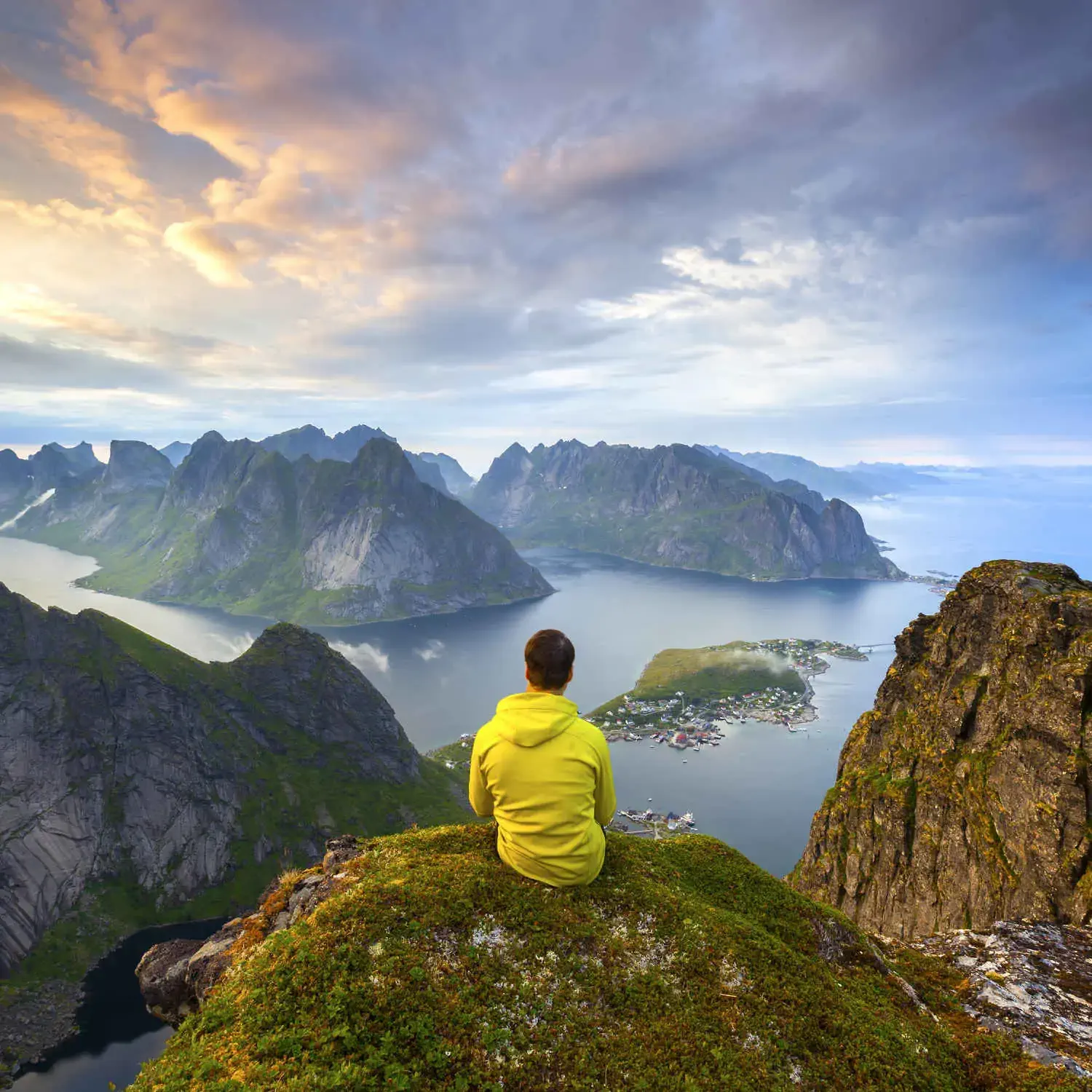2019 was the year of The Great Awakening: climate demonstrations led by enlightened school kids, more focus on sustainable energy and recycling, and innumerable cities, countries and companies making their own carbon reduction goals.
The sustainability wave also changed the way we travel. People today have a desire to travel with more care: 70% of them say they would be more likely to book an accommodation if they knew it was eco-friendly (whether they were originally looking for a sustainable stay or not) and more than half of travelers are altering their behavior and activities to be more sustainable at their destination, according to Booking.com’s 2019 sustainable travel report.
With 2020’s arrival marking the dawn of a new decade, the sustainable travel movement is showing no signs of slowing down anytime soon. So with that in mind, here are 10 eco travel trends you can expect to see.
Minimalist vacations put life in perspective
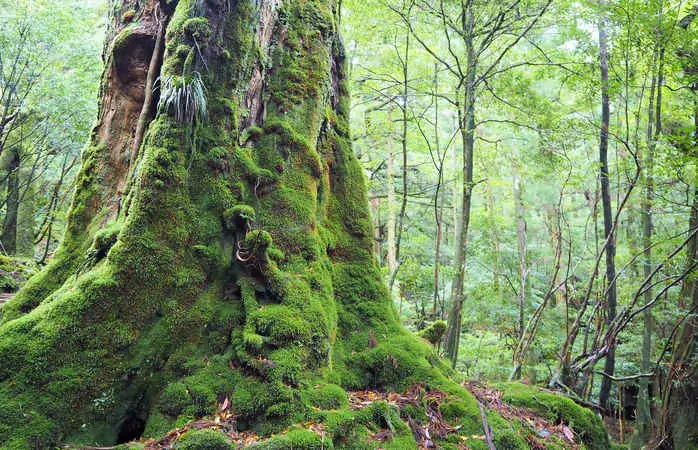
Enjoy the silence and freedom of a minimalist vacation
Just imagine yourself nestled deep in the woods, sleeping in a treetop hotel and completely cut off from digital communication with the outside world. In this daydream, you’re on a minimalist retreat with nothing but the bare essentials — digital detoxing in style.
Minimalist vacations remove you from technology and other stress-inducing factors that we get more than enough of in daily life. Here, you only focus on your natural surroundings and your well-being. Take the experience one step further by indulging in another trend: forest bathing.
Glamping is still going strong
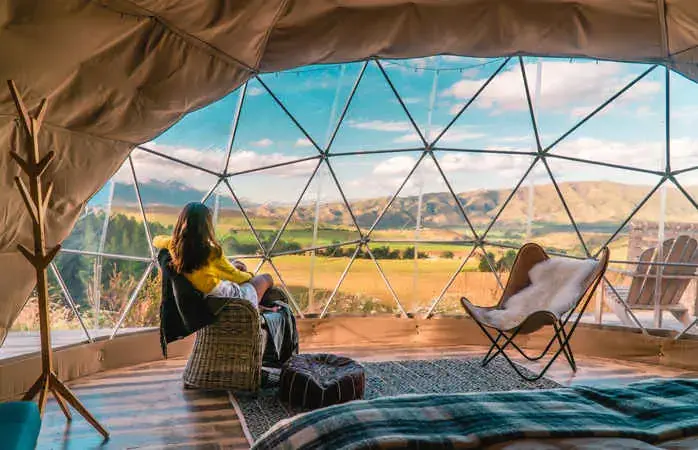
Glamping is camping without the messiness or sore back
Glamping (glam-orous cam-ping) is kind of a baby step between staying in a hotel and going “real” camping. It gives you some of the amenities that you’ll find in a hotel, starting with a comfy and warm bed at the basic end of the spectrum to wood-fired hot tubs and even your own personal chef on the luxury end — all in spectacular structures like yurts, domes and teepees where everything is already set up on arrival.
If glamping is too “soft” for your tastes, try bushcraft camping. Like glamping, this primal mode of camping keeps leaping up the lists of most searched terms year after year, probably due to all the survival TV shows out there.
Basically, you’re completely on your own in nature with a sleeping bag, tarps, tools and some food. You build your own campsite, cut your own wood to make your fire and cook your own meals.
The point? You’re surviving on your wilderness survival skills, using a bare minimum of resources and getting to know yourself and your comfort zone better.
Fighting back with undertourism
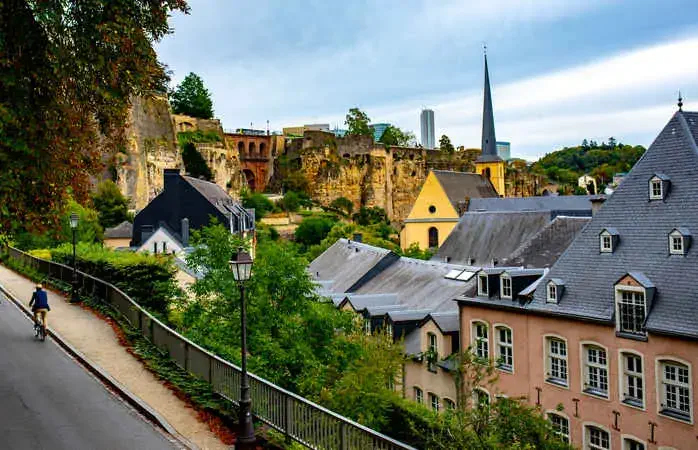
Who knew this overlooked neighborhood in Luxembourg was so charming?
As the travel industry is realizing the impact of overtourism – too many people going to the same popular destinations and effectively destroying the qualities that make those places popular in the first place – more travelers are doing the opposite and visiting overlooked destinations that are just as attractive but not yet overrun with tourists.
There are so many places in the world with hidden wonders whose residents welcome travelers and whose economies could really benefit from tourism income. With a little investigating, you’ll be able to discover the place that ticks off all your boxes — including no crowds.
Read more: Curbing overtourism: an interview with journalist Elizabeth Becker
Traveling off season to beat the crowds
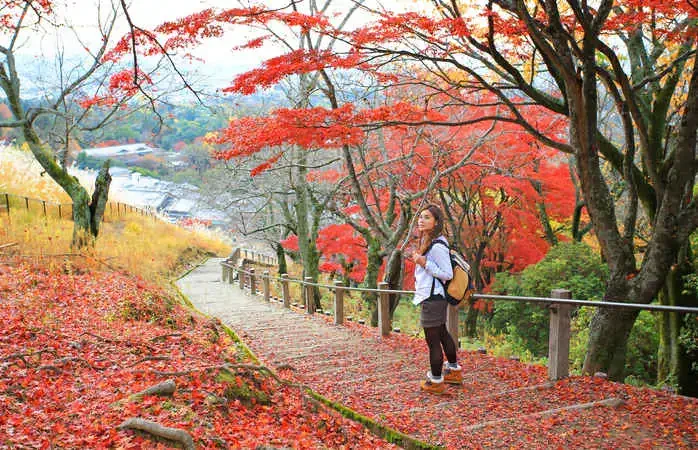
The fiery reds of Japan’s tree foliage can only be experienced off season
This goes along naturally with the undertourism trend, further reducing crowds and the negative impact tourists make. The Louvre in Paris is just as impressive in the wintertime as the summer, but chances are excellent that you won’t be standing in line for hours to get in.
And instead of trying to visit Japan during the often unpredictable sakura blooming season, try for its longer-lasting autumn months, when the hills are ablaze with golds and reds and the outdoor onsen are even more inviting.
Taking it all in with slow travel
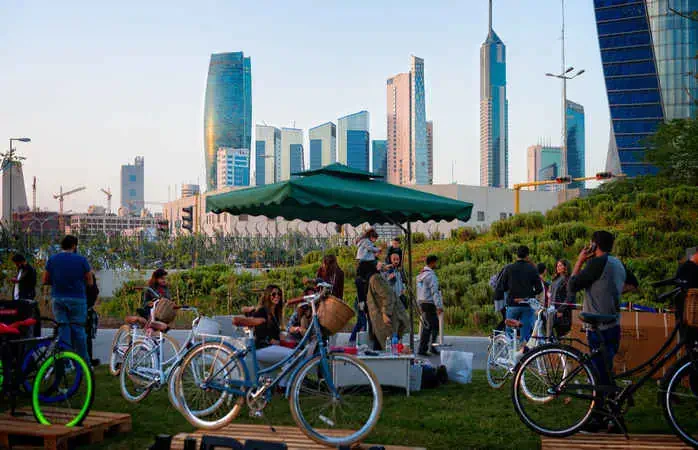
Take it easy, enjoy the vibes and make a few friends along the way
Slow travel is spending longer at your destination and exploring it at an easy pace instead of cramming as much as possible into as little time as possible. By staying a couple weeks in an area, you’re able to immerse yourself in your surroundings and the local culture, food and people.
Slow travel gives you the chance to properly land, relax, and get around without stress. Take the time for some hiking, biking and striking up conversations with the local baker, grocer and café owner.
Read more: Slow Travel: The art of taking your time on vacation
Hospitality pushes plant power

Are you a vegan? Stay at a vegan hotel and don’t worry about where to find your next meal
A recent report predicted that a quarter of all Brits will be vegetarian or vegan by 2025. As more and more travelers are hopping on this veggie-friendly train, they’re demanding like-minded accommodations.
And it’s working too — menus from hotel restaurants around the world are increasingly offering not just more plant-based dishes, but also dishes that don’t use palm oil, have lower food miles and less waste, and use ethically-sourced ingredients.
Some vegan hotels are even extending the plant-based popularity beyond their restaurants. Rooms at these hotels provide vegan toiletries and strictly prohibit animal-based textiles like leather, silk, wool and feathers.
Tourism is bringing wild back
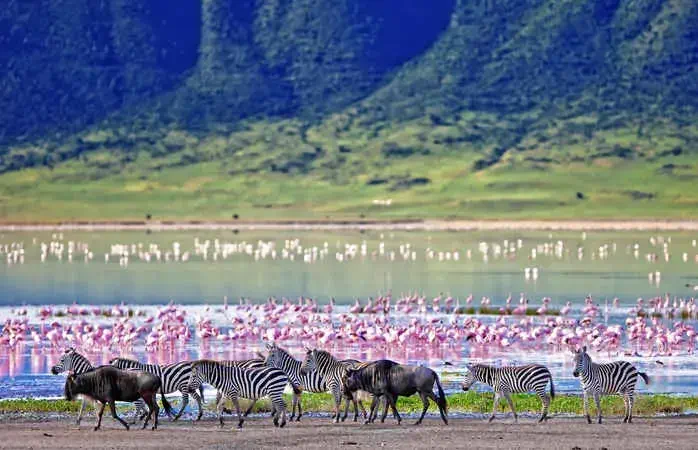
Rewilding and bio positive tourism help maintain natural habitats
The travel and tourism boom has had a massive effect on the wildlife in those touristed areas, effectively driving out the very animals that people travel halfway around the world to see.
Now tourism operators are taking matters into their own hands and using profits to “rewild”: restoring land that had previously been home to indigenous wild animals.
Some tour operators are striving to preempt the need for rewilding with bio positive tourism, which educates travelers about the wildlife and biodiversity that can be found in the area. Profits go to protecting endangered local species before they’re driven out by tourism.
Electric planes are taking off

The future of electric aviation is getting brighter
Okay, maybe you won’t be flying in a 100% electricity-fueled airplane to your vacation destination anytime in 2020, but the research and development of electric planes is moving at a heartening rate.
Boeing recently made a successful takeoff, hover and landing of its eVTOL (electric Vertical TakeOff and Landing) aircraft, while in Vancouver, Canada, Harbor Air ePlane completed a 15-minute test flight of its commercial six-seater seaplane.
This year, Rolls-Royce is set to debut ACCEL, the world’s fastest electric plane at 300 mph. And Airbus’s hybrid-electric E-Fan X aircraft, with a capacity of up to 100 people, is scheduled to take to the skies in 2021.
Train travel is going full steam ahead
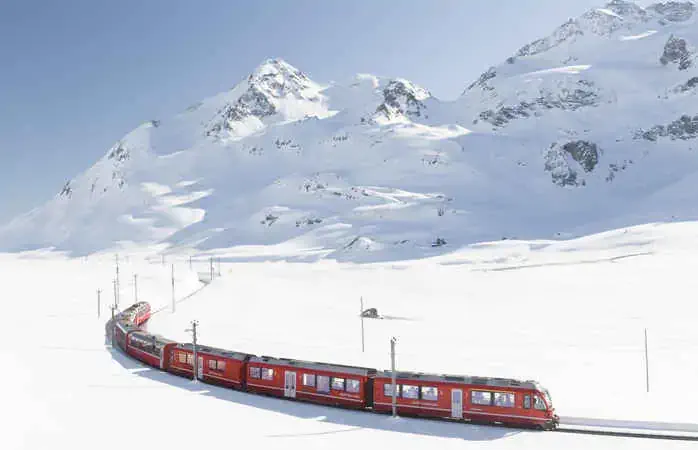
Take the train to your ski destination and enjoy more space and comfort
By any estimate, train travel emits far less CO2 than air travel — a fact that many people are starting to take into consideration when planning their trips. And with Europe’s compact size and number of connections, plus more tour operators who can arrange and book it all for you, it’s easier than ever to take this carbon-light mode of transport.
Some train companies in Europe are even transforming the perception of train travel – with its stereotype of catering only to students on a budget – by offering luxury rail journeys complete with outings in stopover cities, plush sleeping accommodations and first-rate entertainment and dining.
Read more: Hop aboard: a guide to the world of Eurail
Find more electric car rentals in more places
As travelers look for more sustainable ways to get around to or at their destinations, car rental companies are answering the call. This year, it’ll be easier for you to find car rental companies that offer electric vehicles and hybrids, with some even specializing in them.
Eco travel is here to stay
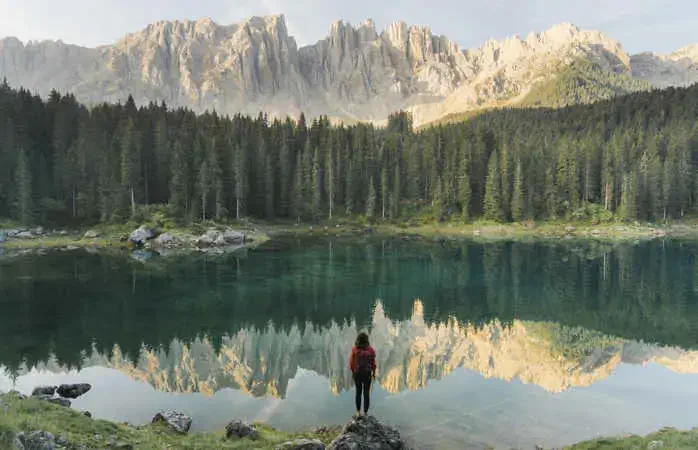
Eco travel focuses on you and the environment
There’s no doubt that the landscape of travel is changing — fast. Experts in the aircraft industry believe we’re entering a third era of aviation, one that is not dependent on fossil fuels or even runways.
Eco travel trends may come and go, but the larger desire to visit new places in a less-damaging way won’t be changing anytime soon.
What’s great about the trends above is that you don’t have to be a die-hard environmentalist to enjoy them. Glamping can be just as fun for someone who wants to try a different kind of 5-star experience, while traveling off season is perfect for people who simply don’t like to spend their holiday standing in lines. Try one and see where the adventure takes you!
*Information for this article was collected from leading travel industry sources including Condé Nast, Responsible Travel, Intrepid Travel, The Guardian and Booking.com

